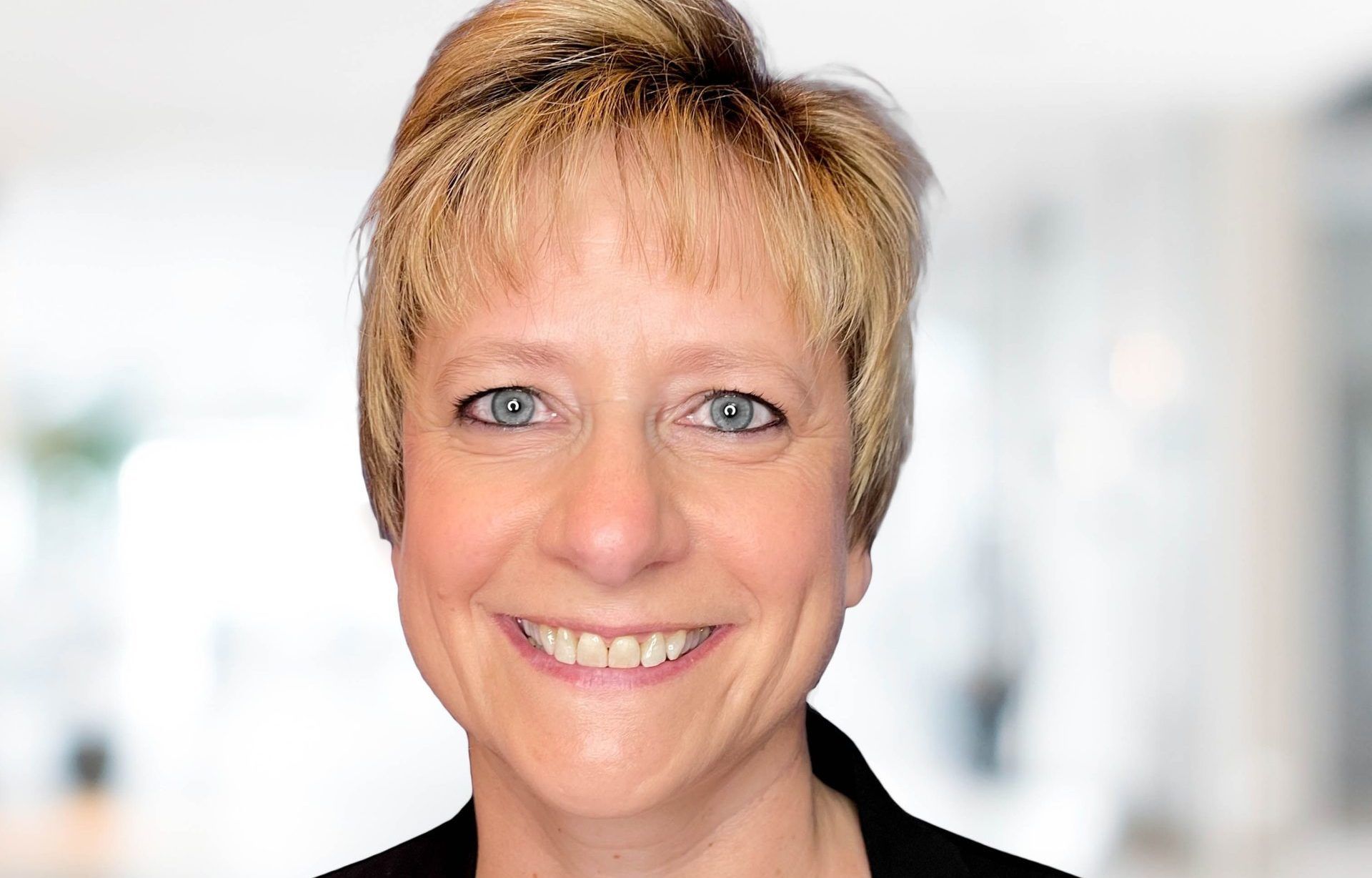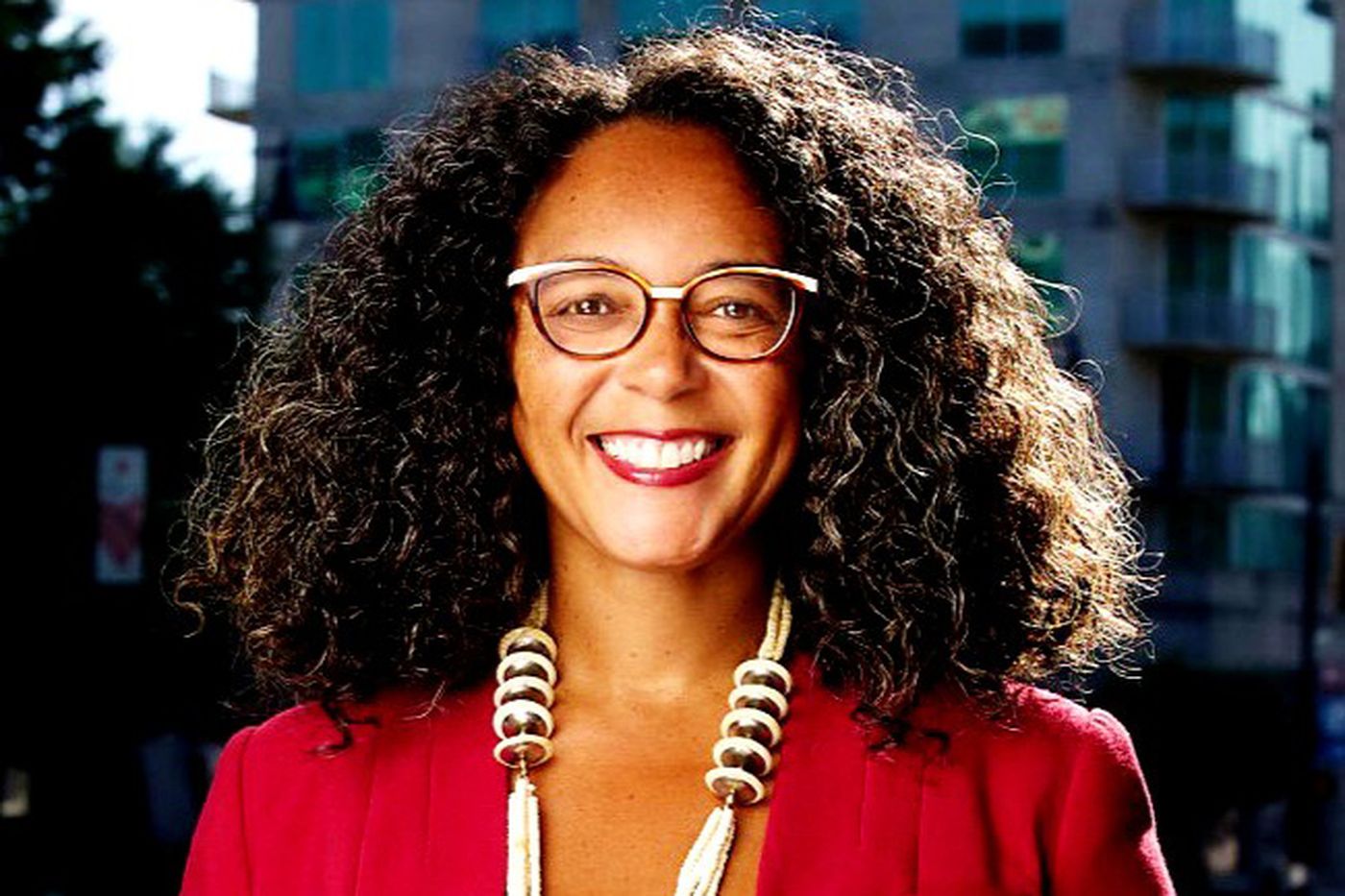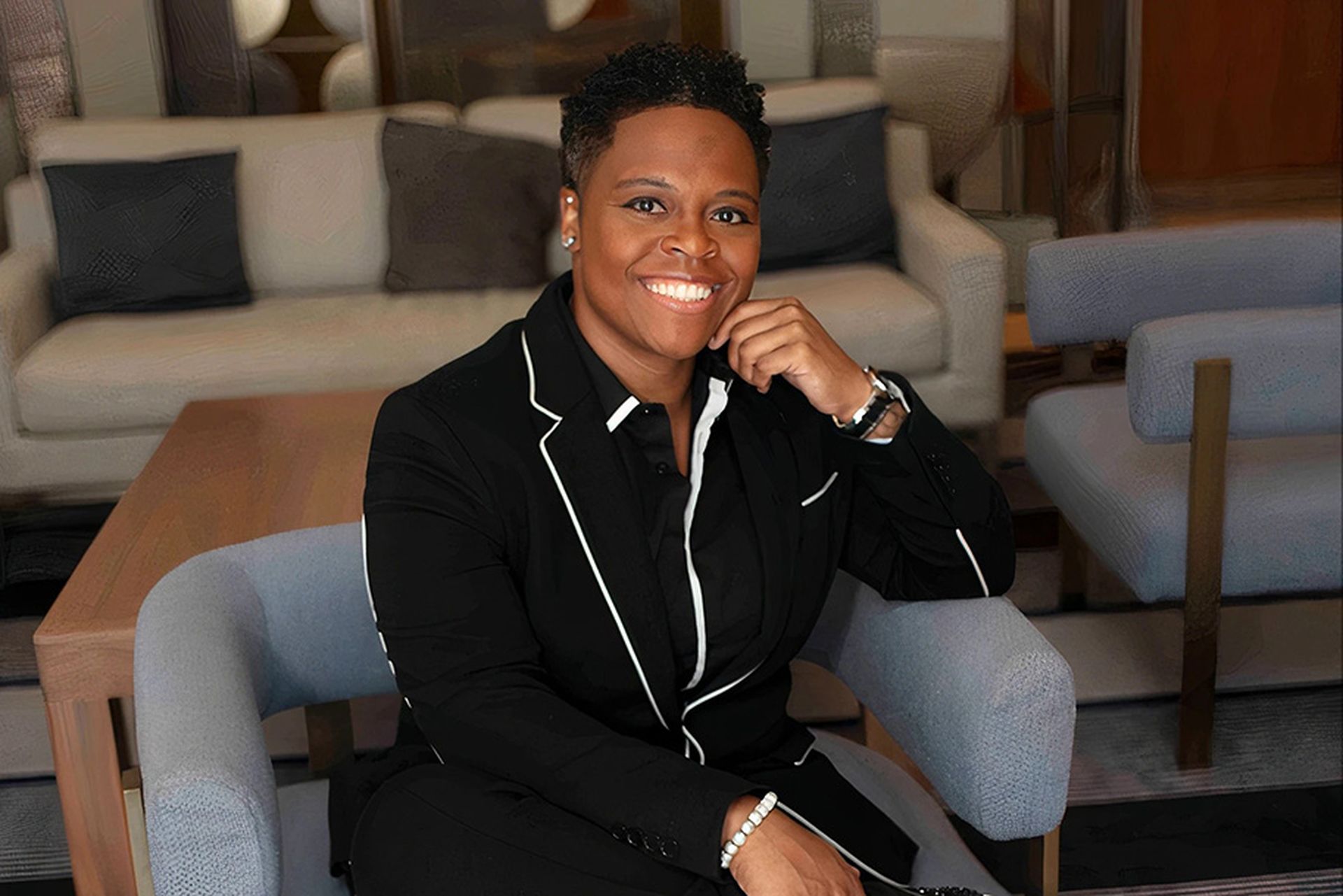Cyndi Gula understands the power of perception.
Take the example of the Patagonian toothfish. To make the ocean-dweller sound more appealing to consumers, a wholesaler in the 1970s decided to rename it Chilean sea bass.
Gula, likewise, is on a mission to rebrand the cybersecurity profession as “data care,” to make the concept sound more approachable and understandable to aspiring professionals, employees and the general public.
In her role as managing director and co-founder of Gula Tech Adventures (GTA), Gula first conceived of this repositioning effort as a means to get more women interested in a cyber career.
“The first thing that came to my mind was: ‘Stop calling it cybersecurity,’” said Gula. “Nobody understands what that means, even knowing everything that I know today. I know my 17-year-old self would not go into the cybersecurity field.”
Gula, who for more than 12 years served as vice president of operations at Tenable, said that to some people, a cybersecurity career sounds intimidating and unattainable. The term, she argues, suggests that “you have to be an expert, and you have to be Herculean or Atlassian in order to… make any difference. And that's not the reality.”
Meanwhile, it can also be very difficult for infosec professionals to grab the attention of everyday employees going through security awareness training. “Most people, when you talk about cybersecurity, their eyes glaze over and they stop listening,” Gula stated. “And they're not understanding that it is not somebody else's problem. Everybody has a personal responsibility. So how do we make this personal?”
The answer, she continued, is be explaining to job applicants, employees and the public what cybersecurity truly boils down to: “It's really about privacy, it’s protection, and it's personal responsibility… And so really it [comes] down to the data.”
Click here for full coverage of the 2021 SC Media Women in IT Security
Once you make the concept of cyber personal by explaining how your data, your family’s data, or company’s data is at stake — “then as an industry we can start walking people [through the] smaller steps of what it takes to protect your data,” said Gula.
“If we get the public to understand what security means to them, and it’s a personal connection, then the public [will] demand: ‘Don't just give me an app; make sure this app is secure by design,’” said Gula. “They can start demanding security, from their ISP — that it shouldn't just be an internet connection... And the relationship with companies who require your data shouldn't just be, ‘Oh, you're just gonna lose my data anyway and someone's going to give me a new credit card and I'm going to have credit check for the next three years.’
“If the public demands a privacy relationship, and companies understand the responsibility of protecting that data, and there's an accountability play, then we can all understand and work together to get a better digital society,” Gula continued.
To help promote the fundamental concept of data care, Gula her husband Ron (GTA president and co-founder) last year formed the Gula Tech Foundation, which awards $1 million in competitive grants to cyber nonprofits several times per year. The first set of grants went to three nonprofits aimed at increasing African-American engagement in cybersecurity, while the second set were gifted to organizations that promote and facilitate data care as a personal responsibility.
Winners of data care grant were the Center for Infrastructure Assurance & Security at The University of Texas at San Antonio for its gamified K-12 Cybersecurity Program, the Cybercrime Support Network for its work aiding past and future victims of cybercrimes and the National Cryptologic Foundation for its efforts to raise awareness around encryption.
As her ongoing effort to popularize the concept of data care reaches its second year, Gula is actively discussing next steps for her awareness mission. This includes developing a landing page or where users can look up additional information and links on data care, as well as communication with federal lawmakers on developing cyber policy in a manner that reframes infosec as data care in language that is clear, comprehendible and approachable.
“When you talk about data care, it touches every piece of society, and it's very easy for people to make that connection, versus if you're just talking about cybersecurity,” said Gula. “It's almost an immediate draw-in of ‘What can I do?’”




